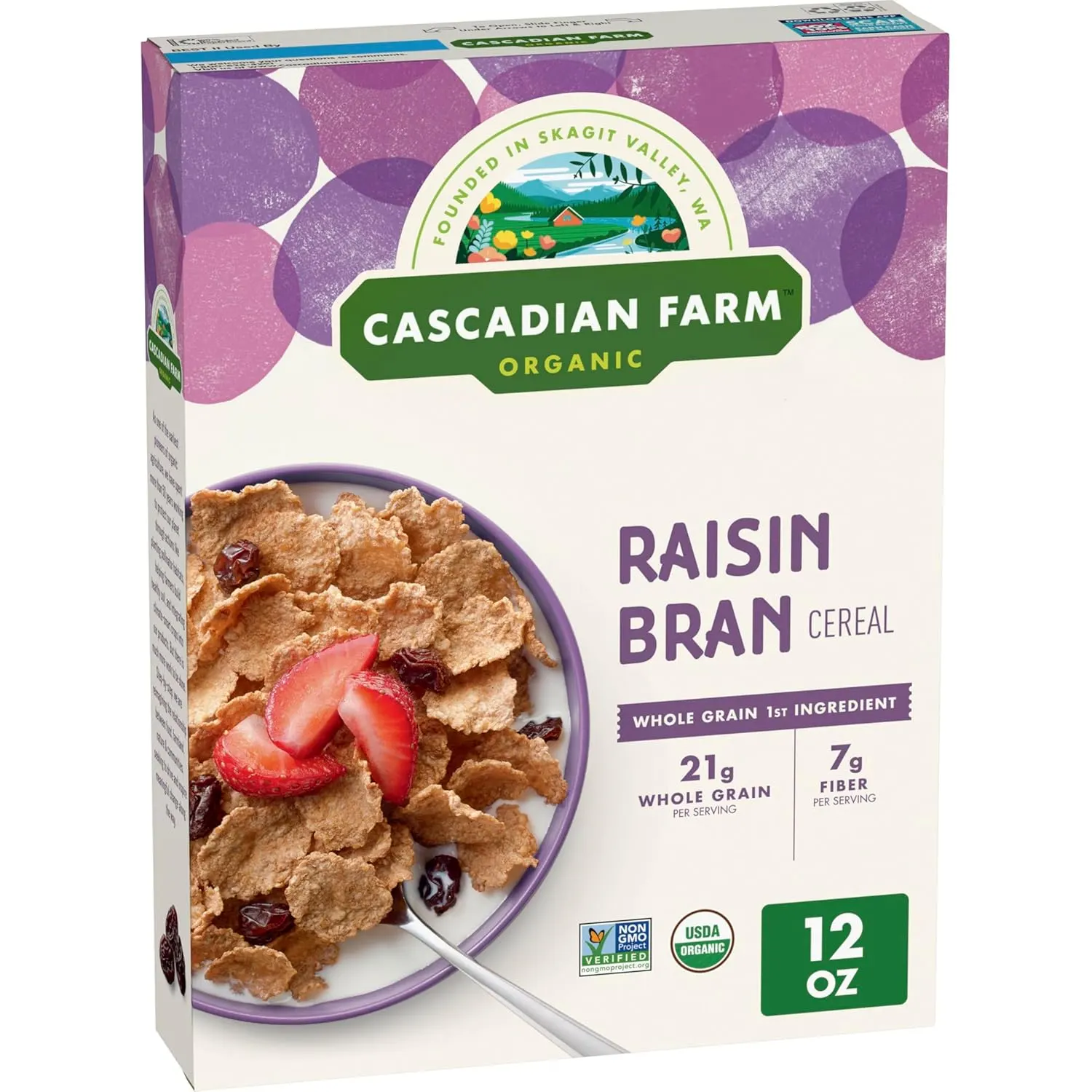CASCADIAN FARM ORGANIC RAISIN BRAN CEREAL
food & drinks • For 6-12 month old babies • Consumable 🍝
Product Images
Product Photo

Tap to enlarge
Ingredient List

Tap to enlarge
Can older babies eat CASCADIAN FARM ORGANIC RAISIN BRAN CEREAL?
Check for Different Age (6 available)
Ingredients Analysis (9 found)








Common Questions About CASCADIAN FARM ORGANIC RAISIN BRAN CEREAL
Safe for older babies? CASCADIAN FARM ORGANIC RAISIN BRAN CEREAL
Use caution with CASCADIAN FARM ORGANIC RAISIN BRAN CEREAL for 6-12 month old babies. Some ingredients may pose concerns.
What ingredients should I watch out for?
We analyzed 9 ingredients in CASCADIAN FARM ORGANIC RAISIN BRAN CEREAL. 4 caution. Check the detailed analysis above for specific concerns.
Is this appropriate for older babies to eating food & drinks?
The appropriate age depends on the specific ingredients. This analysis is for 6-12 month old babies. Use the age selector above to check other ages.
⚠️ Important Disclaimers
Product Recognition: Product names are identified programatically and may be incorrect. Always verify product identity yourself.
Safety Analysis: Evaluations are for research only - consult pediatricians for medical decisions. Do not rely solely on this analysis.
No Guarantees: Results may be incomplete or inaccurate. Do not rely solely on this analysis.